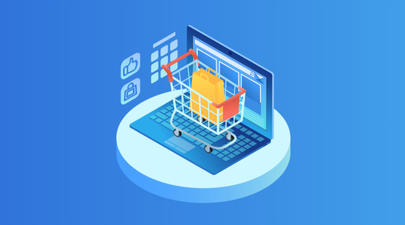As an app developer, you are likely always looking for new ways to monetize your apps. After all, you need to generate revenue in order to keep your business afloat. In this blog post, we will discuss what app monetization is and share some of the most popular current app monetization strategies. We hope that this information will help you as you continue to develop your app!
Table of Contents
Introducing to App Monetization
What Is App Monetization?
Getting more people to view your content and generating income are the two main benefits that apps offer to publishers. App monetization, to put it simply, is the process of turning app users into money.
Because it’s increasingly frequent to find programs that are free at the point of installation, app monetization is significant. Therefore, the app business model needs to be modified to take this into consideration.
There are several tactics in this process. Certain app monetization models work better with some app categories than others. While some apps concentrate on only one facet of app monetization, others include several.
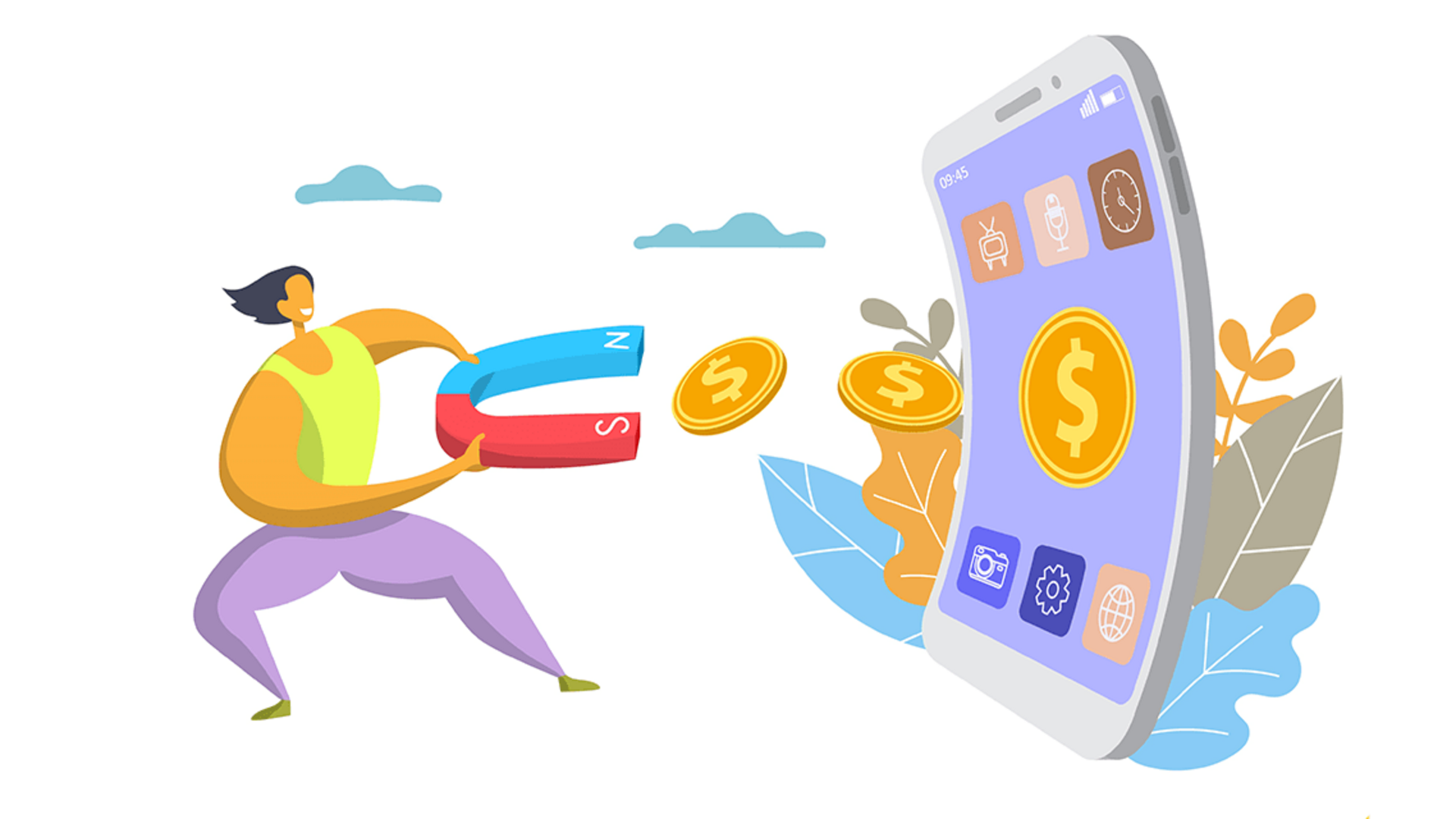
In addition, because income depends on satisfied customers, customer experience is essential to a successful app monetization strategy.
Most of the time, monetization degrades the app user experience. Although it is still existent, this can be lessened and mitigated. Some users get turned off when the user experience is lowered.
Also, the number of active users is the main factor in measuring monetization revenue. It’s important for developers to take this into account when choosing an app monetization strategy because this figure is directly impacted by user experience.
Why Is App Monetization Important to Businesses?
Over the last 15 years, there’s been a dramatic shift in how these applications are presented to users, primarily influenced by the surge in free apps on app stores. This change has made app monetization a vital element for businesses and developers alike. Let’s delve into why it’s so important:
Shift from Paid to Free Apps
In 2009, the iOS App Store was dominated by paid apps, with them making up 77% of the available applications. Fast forward to the present, and this landscape has drastically changed, with only 10% of apps requiring an upfront payment at download. While the Google Play store still retains a higher percentage of paid apps at 31%, the overarching trend leans heavily towards offering apps for free at the point of download.
Evolution in Revenue Generation
Due to this pivot towards free apps, developers have been compelled to innovate and reimagine how they generate revenue. Gone are the days when a one-time purchase price guaranteed profitability. In this new era, continuous engagement and long-term user retention have become crucial, necessitating novel monetization strategies.
Diverse Monetization Models
To navigate this free-app-dominated ecosystem, developers have an array of monetization models at their disposal:
- In-app Advertising: By displaying ads within their apps, developers can earn revenue. The variety of ad formats, from banner ads to rewarded videos, gives developers flexibility in choosing the right fit for their app experience.
- Freemium Model: Under this model, the app is free to download, but certain premium features or content are locked behind a paywall. Users can then opt to make in-app purchases to access these premium offerings.
- Subscription Model: Similar to the freemium model, but instead of one-time purchases, users pay a recurring fee to access premium features or content.
- Affiliate Marketing and Referrals: Developers can partner with other businesses and earn commissions by promoting their products or services within the app.
Hybrid Monetization Approach
In recognizing that no one-size-fits-all, many app developers are adopting hybrid monetization strategies, where they combine two or more of the aforementioned models. This approach not only diversifies their revenue streams but also allows for better adaptation to user preferences and behaviors.
How Will Your App Make Money? – Top 10 Mobile App Monetization Strategies
You may start to make money and increase the revenue from your mobile app with these clever monetization strategies:
In-app Advertising
Among app owners, this is still the most common. Usually, it causes a lot of conversations. In-app advertisements don’t just have a straightforward, universal strategy. Different advertising strategies can take place in each app. But there are certain overall pointers for app advertising.
This is a quick and easy procedure for app monetization. However, an app only produces considerable revenue if it has a large audience, which is cause for concern.

The simple fact is that many apps wouldn’t exist without mobile ad networks and in-app advertising. At the same time, mobile app marketers have come to understand the importance of maintaining the user experience in order to keep their apps alive.
Mobile apps have a range of advertising formats to engage users while monetizing their platform.
Banner Ads
These are graphical ads that typically appear either at the top or bottom of an app screen. Comprising both text and graphic elements, they come with a distinct call-to-action button, prompting users to engage with the advertisement.
Video Ads
Video ads are short clips that play before the primary video content. Pre-roll videos, which play before the main content, are a classic example. Due to their dynamic nature, they often see high levels of user engagement and click-through rates.
Rewarded Video Ads
A favorite, especially in gaming apps, rewarded video ads provide users with an in-app incentive for watching an entire video. These incentives can range from unlocking game characters to earning in-game currency or securing additional lives. Given their reward-based structure, they are predominantly found in gaming apps.
Interstitial Ads
Emerging predominantly during transitional moments in apps, like after completing a game level, interstitial ads occupy the full screen. They can comprise videos, images, or text and are often rich in media content, capturing users’ attention due to their immersive nature.
Native Ads
Native ads seamlessly integrate into an app’s interface, resembling the app’s natural content. Often found in news feeds or content recommendation sections, they are marked as sponsored to distinguish them from organic content. Their non-intrusive design ensures that they don’t disrupt the user experience.
Playable Ads
Tailored mostly for gaming apps, playable ads provide users with a brief experience of another game’s key mechanics. This interactive format not only engages users but also achieves one of the highest CPM (Cost Per mille) rates in the gaming sector.
Offerwall Ads
Offerwalls present users with a series of offers, rewarding them upon completion of specific tasks. These tasks can vary from filling out surveys and downloading apps to playing games or reaching a designated level in another game.
Subscription and the Freemium Model
The user can download the app without paying anything if it uses a subscription model. Then, for a set period of time, they get access to all or some of the app’s capabilities, and they will have to continue using the app by paying a regular cost.
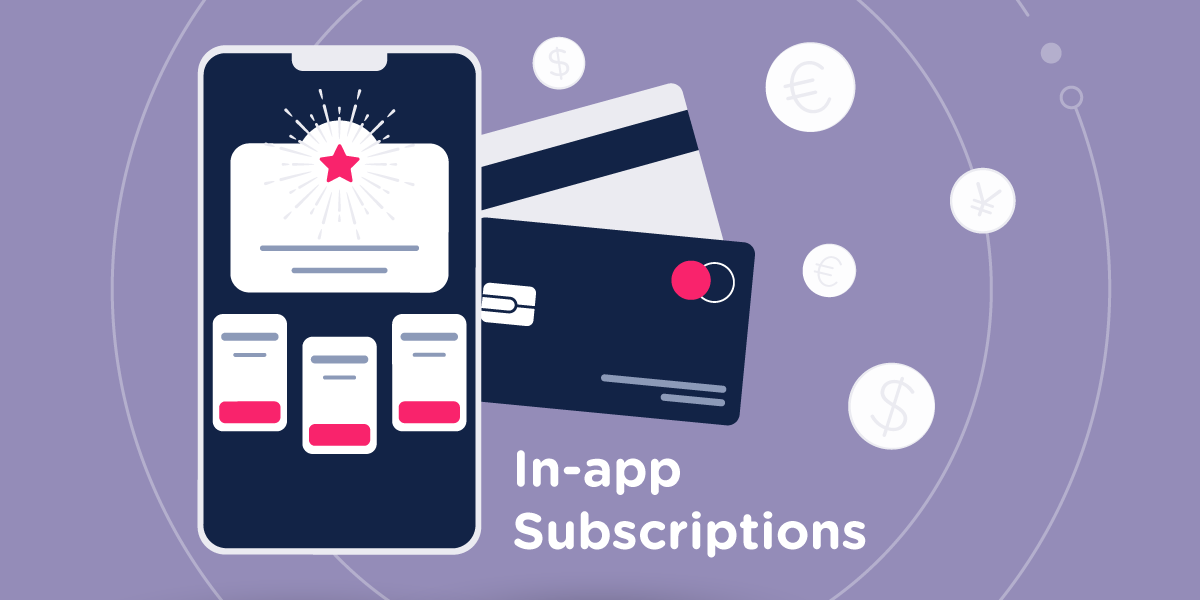
It’s simple to understand why this app monetization is growing in popularity.
- The developer receives a steady flow of income.
- It’s simple to anticipate.
- It occasionally has the ability to generate significantly more profits than other tactics.
This is due to the fact that users who pay to utilize your app service will spend time there. They are unlikely to want to quit paying for access if this involves input. And be aware that a fascinating app with a distinct function and positive user experience reinforces the app subscription model the best.
We can name Spotify as a brilliant example of this app monetization strategy. Spotify stands out as a prime example of the freemium app subscription model’s success. Founded in Sweden in 2006, Spotify emerged as a response to the pay-per-song approach of platforms like iTunes and the rampant illegal music downloads prevalent during that period.
While Spotify generously offers several premium features to its non-paying users, a monthly subscription unlocks additional premium perks, such as an ad-free listening experience.
In terms of freemium model success, Spotify truly reigns supreme. While typical freemium apps boast conversion rates ranging from 2-5%, studies indicate that an impressive 24% of Spotify’s free users eventually opt for the paid subscription.
Data Monetization
Numerous factors make large app audiences beneficial. One of these is that each time a user uses your software, they provide some sort of data.
After being made anonymous, this data can be quantified. Then, it can offer insightful information about consumer behavior. Big data is what this entails. It serves a variety of purposes, from smart city development to providing users with better and more targeted advertising.
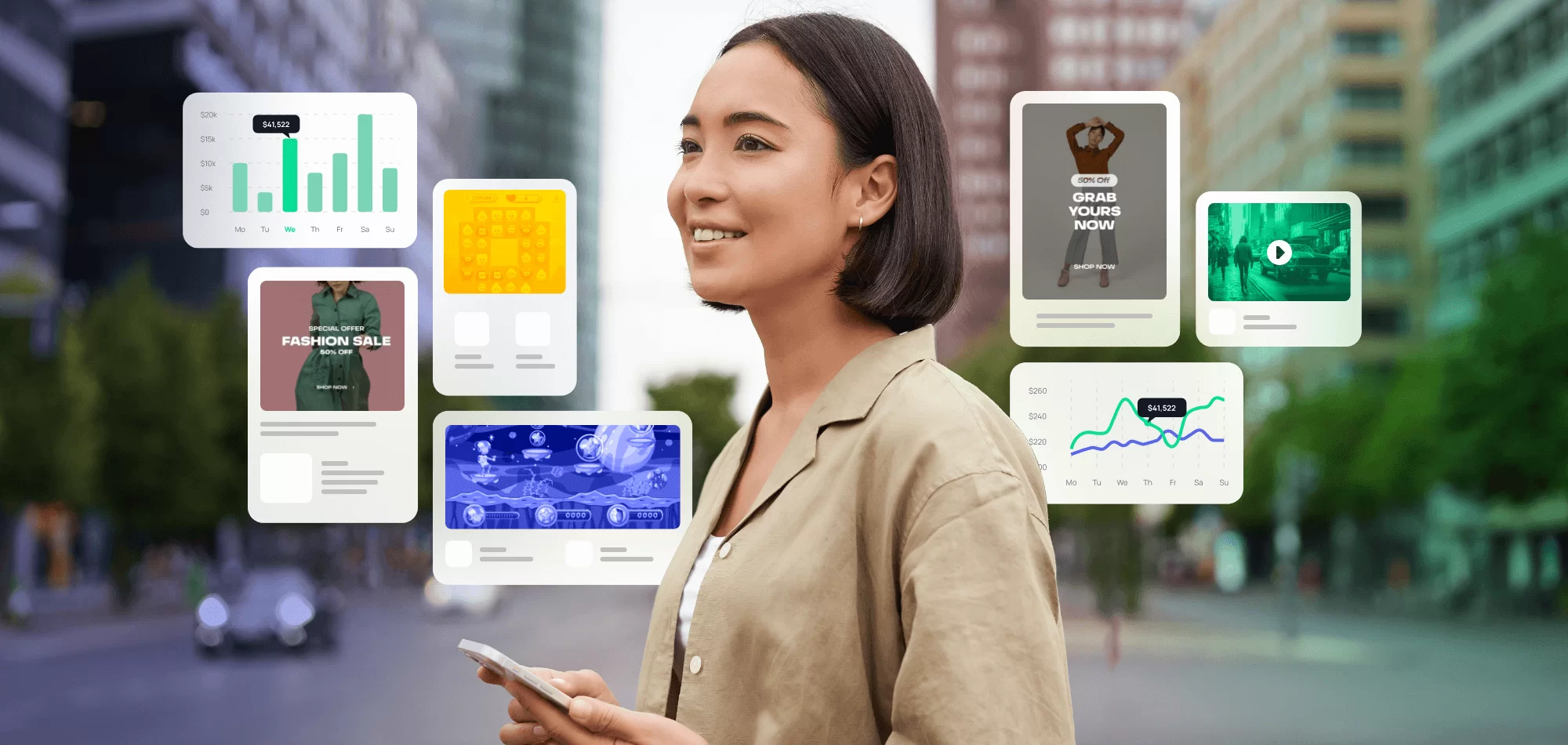
Customers’ data has long been a source of revenue in other sectors. This can and ought to be used for the monetization of mobile apps. It makes more sense for developers to try earning app money from user data because the CPMs are significantly greater than those of advertising-based app monetization strategies. Additionally, as this app monetization approach worked in the background, apps could maintain their amazing user experiences.
In-app Purchases, Virtual Goods, and Currency
With the current rise in the popularity of game apps, this technique has gained increasing attention. Apps make money by accepting payments for the sale of virtual or tangible things.
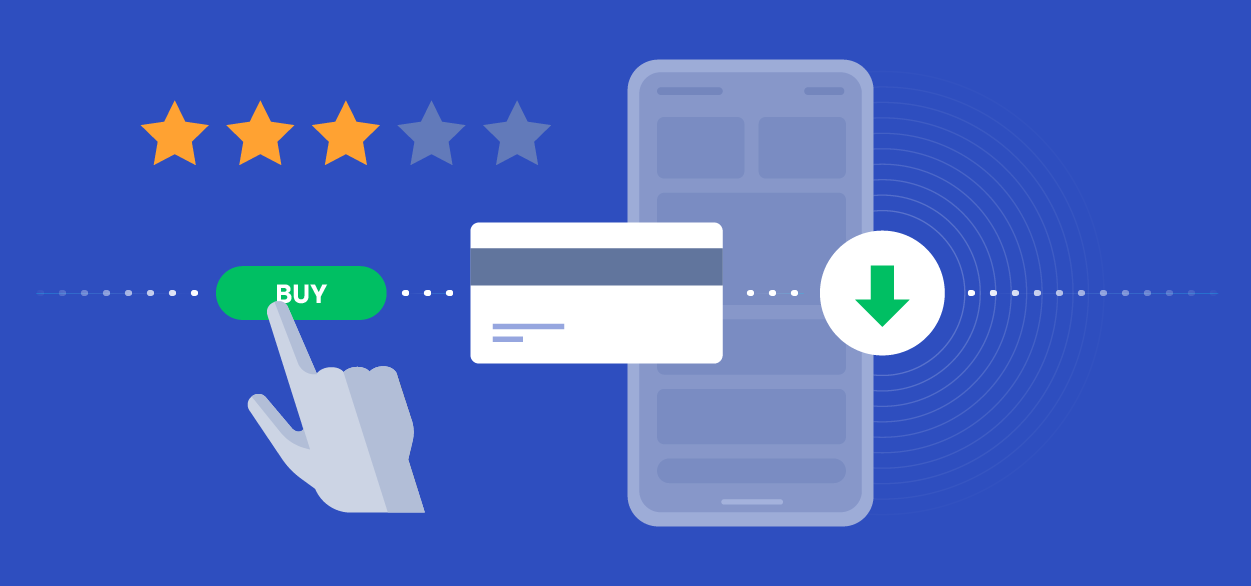
Giving users access to virtual currency is one way that software developers have cleverly tapped into new revenue sources. Users buy this currency with actual money, and they may use it on the app in a variety of ways.
If your app is a division of your company, then a sizable portion of your app revenue will come from in-app purchases. Users can quickly and easily pay utilizing the built-in payment mechanism in exchange for their tangible product or service.
In-app purchases offer diverse monetization avenues for app developers. However, these are not universal solutions, and understanding their nuances is pivotal for app publishers, especially when tailoring them for mobile games. Here’s a breakdown of the primary categories of in-app purchases:
Consumable
Often found in mobile games, consumables encompass items like in-game currency, additional health, or power-ups. True to their name, these items vanish once used but can be repurchased as desired. While many games allocate a basic quantity of these consumables without charge, they serve as an appealing buy for users eager to bypass the wait time for such resources.
Non-Consumable
A stark contrast to consumables, non-consumable in-app purchases offer perpetual access once procured. They unlock special features within the game, such as hidden levels, exclusive characters, or aesthetic items.
Auto-Renewing Subscriptions
This category encompasses in-app subscriptions where users make recurring payments to avail of premium content, mirroring aspects of the freemium model. Within the realm of mobile gaming, these subscriptions can vary in duration and may unveil exclusive game items or an upgraded game version.
Non-Renewing Subscriptions
Operating similarly to their auto-renewing counterparts, non-renewing subscriptions differ in one key aspect: users must actively renew their subscriptions rather than having them renew automatically.
Transaction Fees
This is a great technique to monetize app users for apps that feature a marketplace or they include audience transactions of a substantial kind.
Scale is the key advantage of this approach. This kind of app monetization will expand with your audience growth if you can continue to increase user engagement with your app.
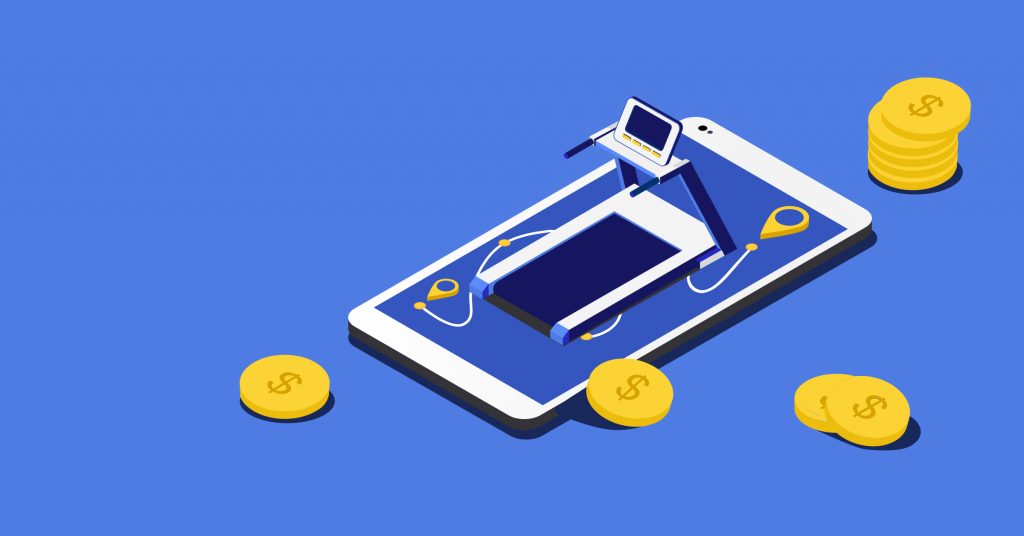
You can take a portion of any transaction that two users make on your app. For instance, you might take a portion of the earnings when someone sells something. The difference between this and conventional markets is that the seller doesn’t pay a listing charge, which is open up front. This promotes the use of your service by users.
Transactional Apps
Financial apps, often known as invoicing apps, are a new generation of mobile apps that rely on transaction fees for monetization. These frequently provide the chance to exchange currencies or to invest in shares or other markets (consider purchasing Bitcoins). The app earns money each time a transaction is made by a user.
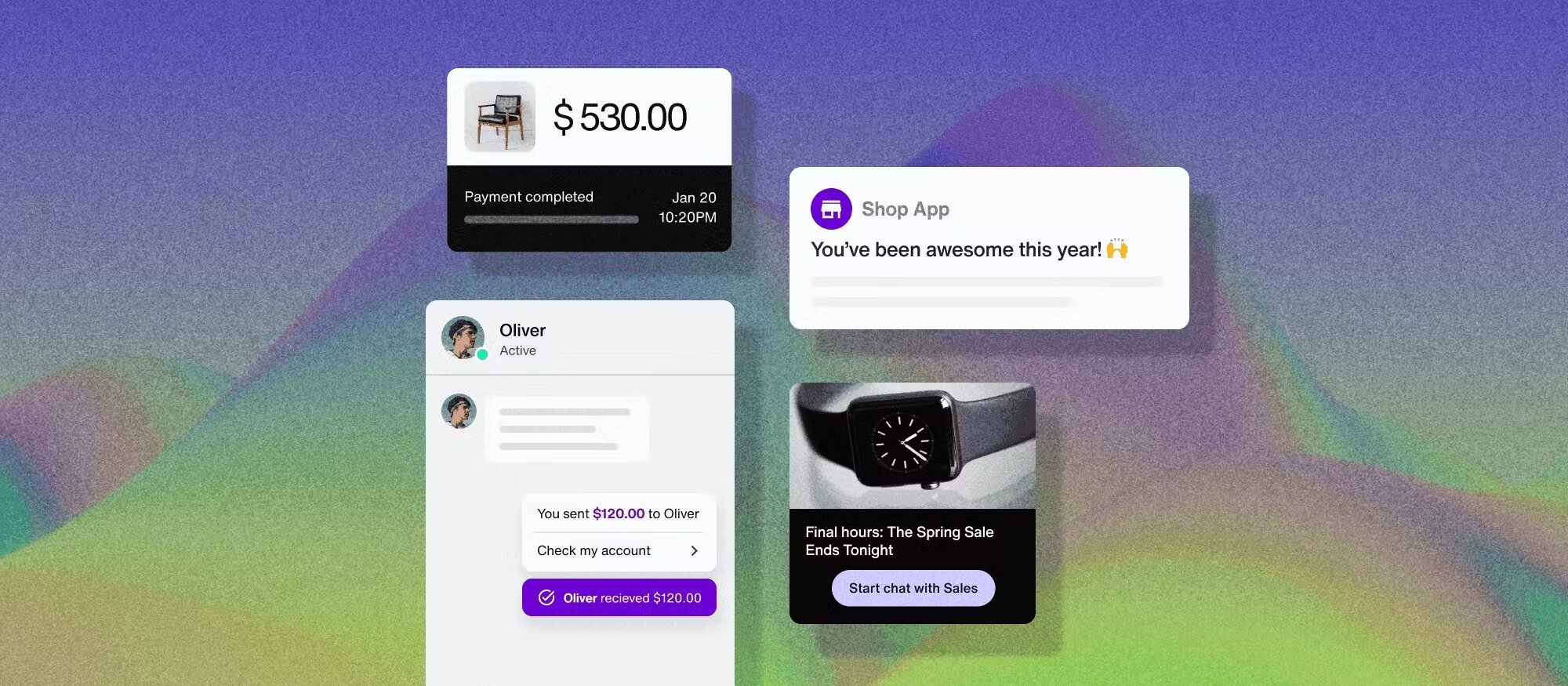
This method of app monetization offers scalability. Additionally, it enables developers to precisely forecast revenues based on the number of users and active users. By making investments in user engagement and acquisition, you can also improve income directly. You can manage your app business with better and more reliable KPIs as a result.
Monetizing Your App with a Download Fee
One of the initial mobile app monetization strategies that many publishers who are new to the mobile app sector consider is charging a fee to download the app from the Apple app store or Android app store.
This approach can generate a sizable amount of income, but only if you offer a product that is extremely valuable to the user. Smart users are more likely to find your content elsewhere than to pay for it inside an app store unless it is impossible to find otherwise.
Affiliate Marketing in Your App
What if you could persuade app users to download other apps or purchase goods using your app? That is the fundamental idea of affiliate marketing, which is a well-liked app monetization method. You have two main options for affiliate marketing in the world of mobile apps:

- Pair up with businesses to offer their goods. Many businesses provide affiliate programs that let you include specific links in your content or advertisements. You receive a commission if your users click on those links, visit the business’s website, and make a purchase.
- Use affiliate marketing to get customers to download other apps. Affiliate programs are available in the Apple, Google, and Windows app stores, and they all keep track of when a user quits the app and purchases another app. Every time that occurs, you will get money.
Although affiliate marketing can be extremely profitable, it functions best when you have a sizable audience that respects your brand and content enough to follow your suggestions for goods and services.
Sponsorship Ads on Your App
One often underutilized yet potentially lucrative avenue for app monetization is the sponsorship model. For mobile apps boasting a substantial and highly engaged user base, sponsorships can be a golden opportunity.
At its core, this model revolves around partnering with a single entity – a company that acts as your app’s sponsor or investor. This exclusive relationship grants the sponsor unparalleled access to advertise directly to your user base.

Several manifestations of this can be observed:
- Branding Integration: The sponsor’s logo might prominently cover substantial sections of the app’s interface, ensuring high visibility.
- Splash Screens: Every time a user opens the app, they’re greeted with a splash screen showcasing the sponsor’s branding or message.
- Push Notifications: These are messages that pop up on the user’s device, ensuring active user engagement. The notifications could contain special deals, messages, or updates from the sponsor.
However, treading the path of sponsorships requires careful contemplation. Developers must critically analyze their user demographics and preferences. The key is to identify sponsors whose products or services align seamlessly with the app’s ethos and user interests. This alignment not only ensures the sponsor gets value for their investment but also augments user acquisition and retention by offering relevant content or deals.
Crowdfunding for App Development
In the realm of app development, especially during the nascent stages of a free app, securing funds can often pose challenges. Crowdfunding emerges as a potent solution and one of the most effective app monetization strategies in such scenarios, granting developers the necessary financial boost to propel their ventures forward.
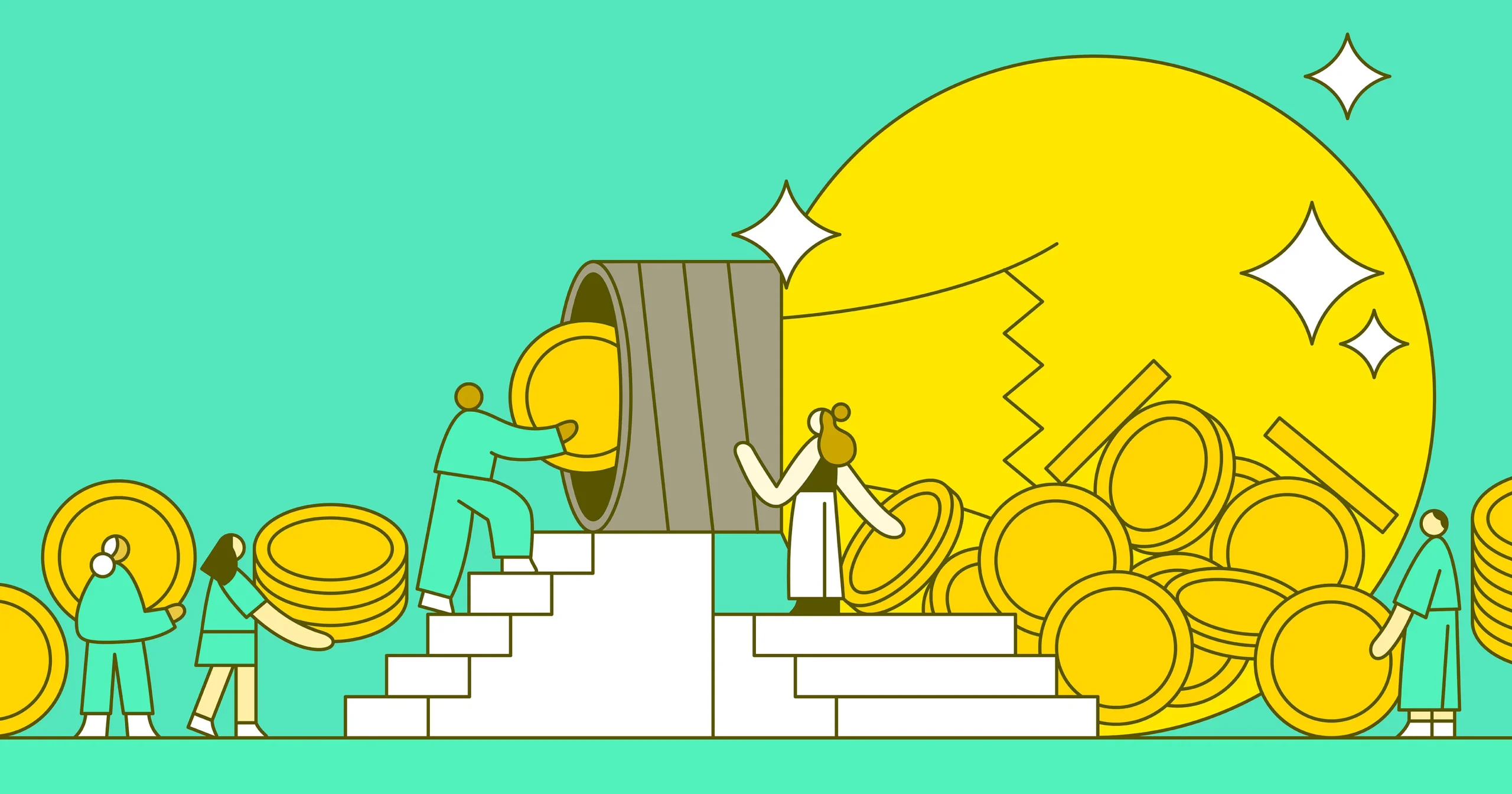
Platforms like Kickstarter, IndieGoGo, GoFundMe, and Patreon stand as stalwarts in the crowdfunding domain, providing developers with platforms to pitch their app concepts to potential backers and solicit funds. These platforms allow individuals to support projects they believe in, making them particularly suited for innovative or niche app ideas that may not attract traditional investors right away.
There are remarkable success stories underlining the efficacy of this approach. A case in point is the language learning app, Fluent Forever. In 2019, it managed to rally support from its user community on Kickstarter, amassing a staggering sum of over $500,000 from 4,000 platform users. Such stories exemplify how crowdfunding can not only provide the necessary funds but also foster an early user base that is deeply invested in the app’s success.
In conclusion,
While in-app purchases and advertising are the two most popular app monetization strategies, there are many other ways to make money from your app, including Android app monetization strategies and other software. If you’re looking for help deciding on a monetization strategy or want assistance implementing one of these top strategies, don’t hesitate to contact us. Our team has years of experience helping businesses just like yours find success with their mobile apps.






